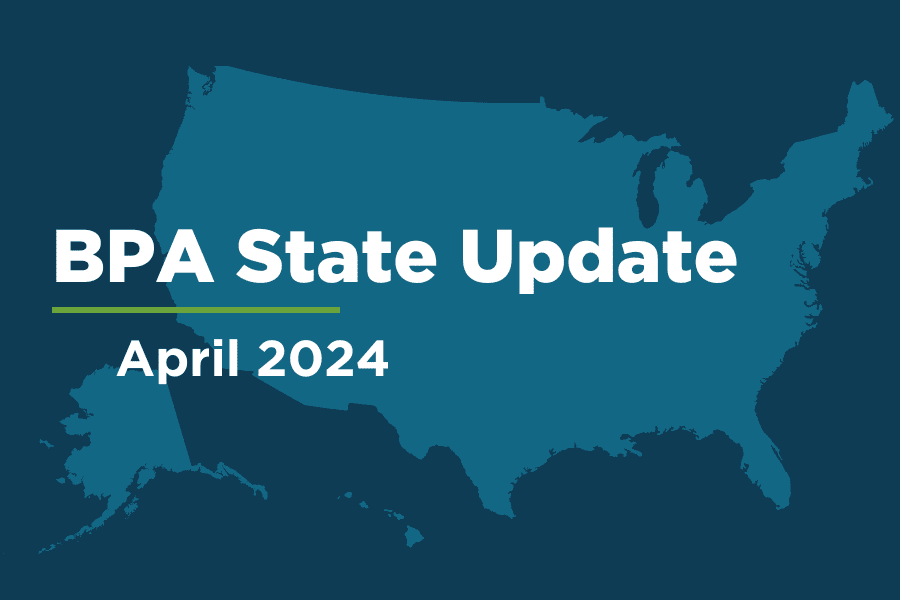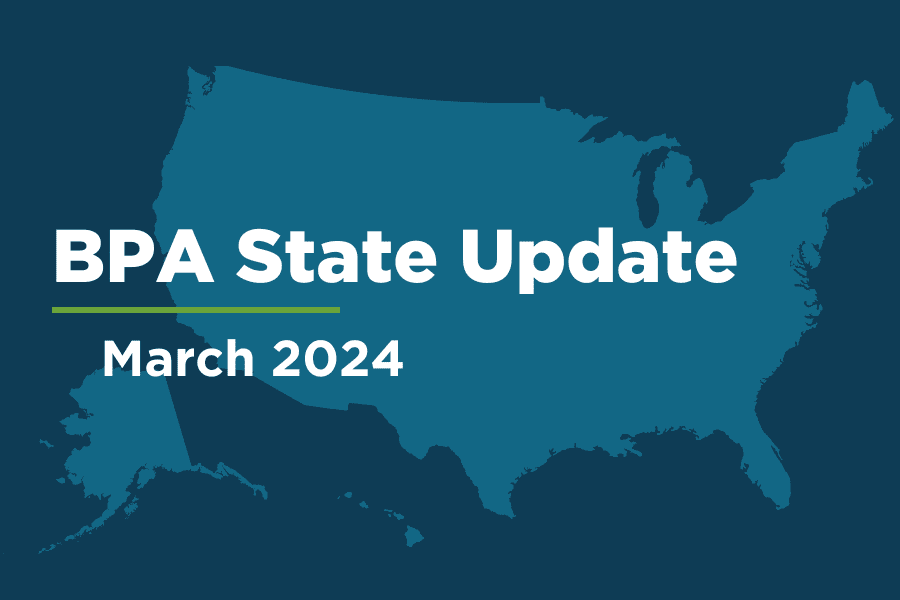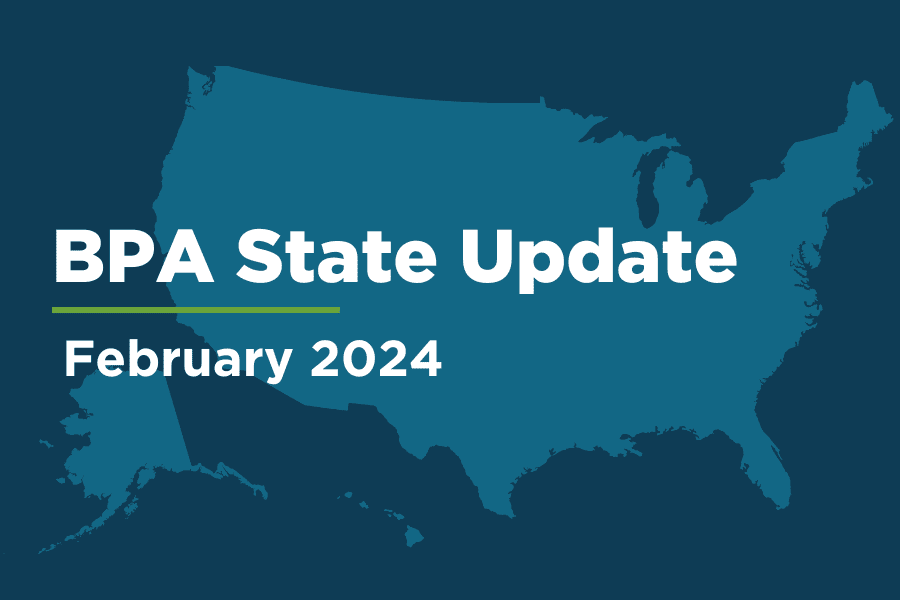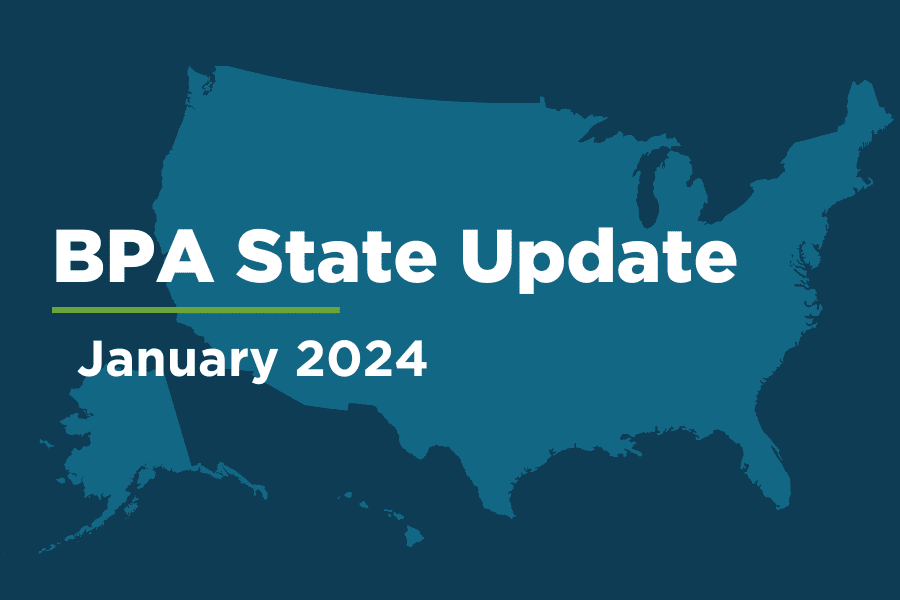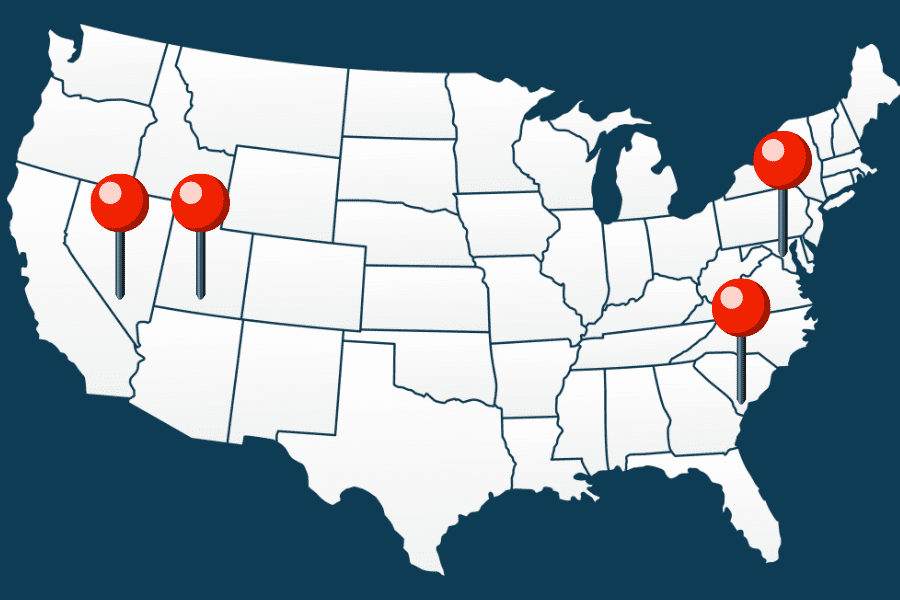State Support
BPA is supporting states like yours through workforce development, partnerships, research, and collaboration.

JOIN US
Become a Member
BPA membership offers tailored resources to professionals in energy efficiency and weatherization, ensuring you stay at the forefront of the industry. You'll gain access to a member-only resource library, regular updates, cost savings, and more.
Engaging meetings, events, and networking opportunities
Valuable training, resources, and education
Grow your business and ensure professional success
Recent State Updates
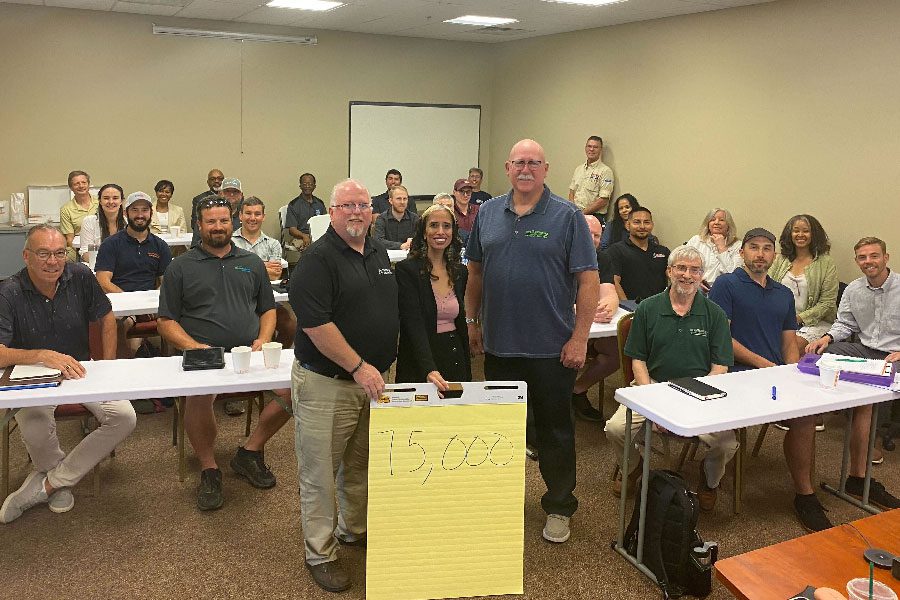
Our Team
Working For You
We have a growing state outreach team working from various parts of the country to organize at the state level, advise state governments on how best to use their resources, and, ultimately, advance the home performance industry.

